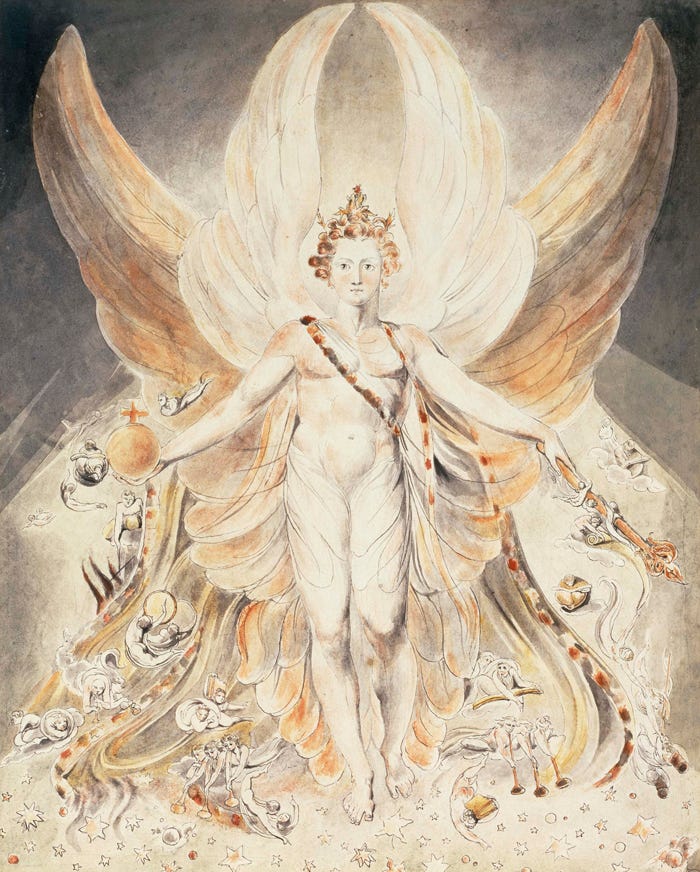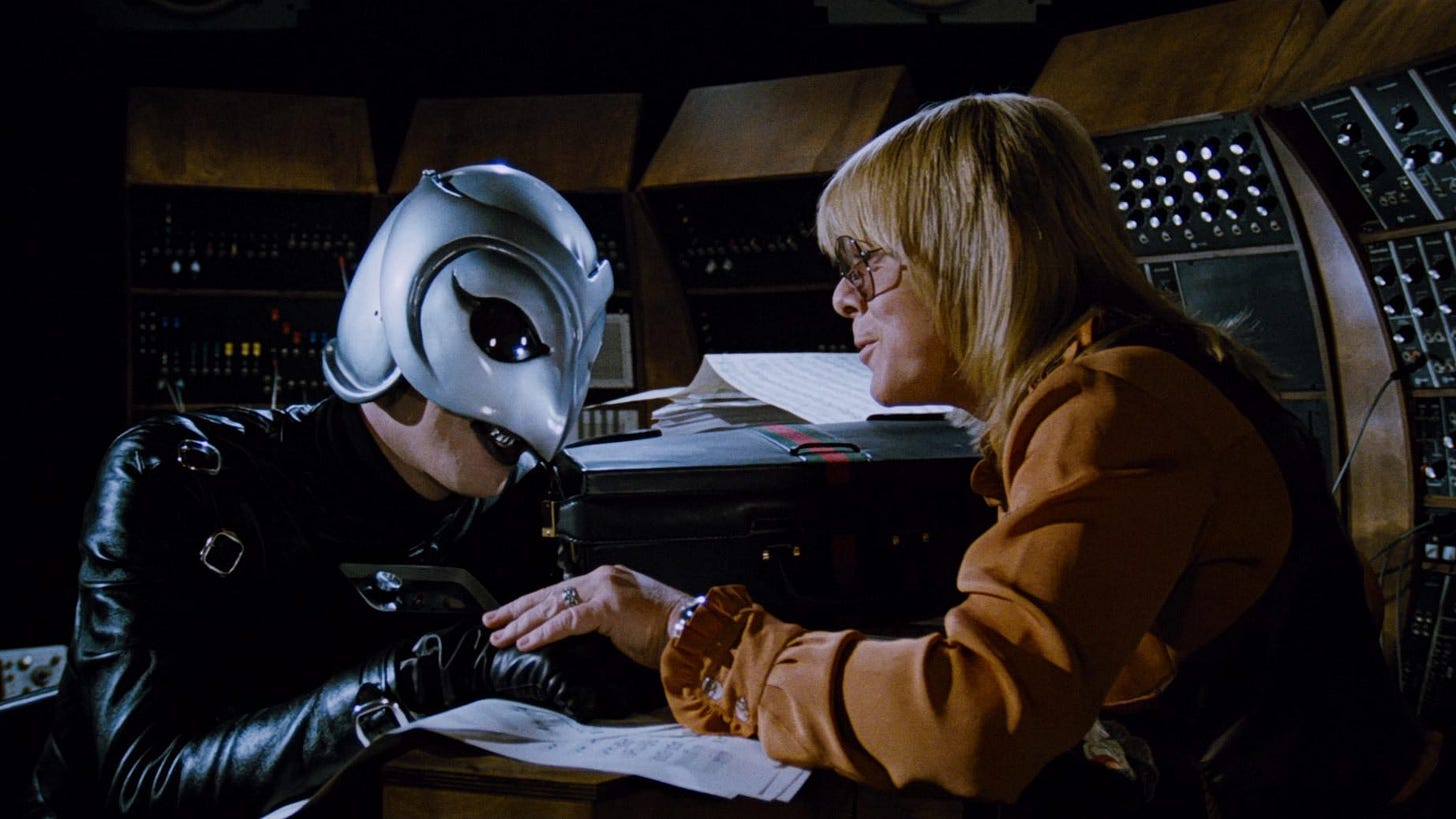(Mp3 audio at the end of the piece)
Catholics & the New Hollywood
“In a country where the Protestant work ethic doesn’t seem to have worked out too well, it makes sense that directors of Catholic background . . . speak to the way Americans feel now. These men have grown up with a sense of sin and a deep-seated feeling that things aren’t going to get much better in this life. They’re not uplifters or reformers, like some of the Protestant directors of an earlier era, or muckraking idealists, like some of the earlier Jewish directors. [Their films] combine elements of ritual and of poetry in their heightened realism. The Catholic directors examine American experience in emotional terms, without much illusion—in fact, with macabre humor. The western heroes faced choices between right and wrong; these directors didn’t grow up on right and wrong but on good-and-evil—and then they lost the good.” —Pauline Kael, “Fear of Movies” (a famous piece which I first quoted in the intro to Blood Poets), When the Lights Go Down, p. 202-31
In “The Marriage of Heaven and Hell,” William Blake wrote the following of Milton’s depiction of Lucifer: “The reason Milton wrote in fetters when he wrote of Angels and God, and at liberty when of Devils and Hell, is because he was a true Poet and of the Devil’s party without knowing it.”
When I first quoted this line in The Blood Poets, in the chapter on Brian De Palma (“Pinball Wizard”), I believed that all good art was inevitably drawn to represent the darkness. I thought that attempts to show goodness and virtue inevitably ended up being asinine, anemic, and boring.
And there were plenty of crappily pious Hollywood movies I could cite as irrefutable evidence for this argument.
Still, this now seems an odd belief to hold. Why should goodness be boring?
Is it because the people who create movies—and modern, or postmodern, works of fiction, maybe from Shakespeare on—aren’t equipped to depict goodness? That they don’t know, or care, enough about angels to do them justice?
Do such culturally-elevated creatives then go with their weaknesses and find a way to maximize them, by creating, over the centuries, a medium in which a deficit is converted to a virtue, in a world where weakness becomes strength, violence heroism, and evil good? (Not good in a moral sense, but in a purely aesthetic one.)
If movies, over time, develop the means to render evil, unlike good, compelling, persuasive, and profound; and if they thereby validate their own essentiality as “the ultimate art form” for addressing “reality”; how self-fulfilling, and how self-serving, might that developmental curve turn out to be?
Does the fool who persists in his folly become, not wise but fully deluded?
And is he, in some sense, thereby placing himself in service of evil?
Of course, it is more complicated than this.
Part of why Blake’s words were so convincing to me 25 years ago, and why Coppola, Scorsese, Altman, De Palma (all Catholics), and Peckinpah were the outstanding film artists of the period (or of any period) is that “goodness” was cinematically represented so poorly in previous decades, prior to the “movie brutalists” seizing the narrative.
The squeaky clean, upright, Christian heroes played by Jimmy Stewart, Henry Fonda, Gregory Peck, Charlton Heston, or John Wayne pre-The Searchers, were lacking in dimensions, to the point it seemed necessary to add shades of darkness to them in order to make them believable.
Perhaps this was by design. Or perhaps it was simply an automatic, inevitable counter-reaction?
When the Superego tries to impose a too-rigid, exclusivist, moralistic framework on an art form by creating production codes that legally compel two-dimensional images of “goodness,” the Id soon breaks into the frame, and drags things down to its level.
And of course, this seems like a good idea at the time.
Boring Interlude (How to Read this Series)
(Skip if you don’t like meta-analysis)
“If we extend our observations we see that so-called imitative magic is much too narrow an interpretation of the prohibitions that cover mimetic phenomena. One would have to study closely, in this context, those religions that prohibit images, as well as many other phenomena that one would not think of relating to the primitive prohibition but that remain quite close to it nonetheless, such as the fascination and fear inspired, in many traditional societies, by theater and actors.” —Rene Girard, Things Hidden Since the Foundation of the World (p. 14)
It’s probably no secret that, by writing, I aspire to original thoughts. Actually, I can’t think of any other viable reason for writing, besides the possibility it might give rise, once in a while (or someday), to an original insight.
This means that what I write about is always secondary to the way I (try to) write about it. One can’t write about anything original—who would understand it?—one can only write about familiar subjects in an original way. Or rather, in a way that allows for new insights.
Obviously, I can have a personal insight that’s new to me without it being new to anyone else. There’s really no way to gauge how empirically “new” a given thought is (except for God). In fact, or so I have read, new ideas are often observed to have emerged—via the so-called zeitgeist—through more than one “conduit,” at roughly the same time.
(A personal example of this: recently I “coined”—or so I thought—the phrase “cognitive dissident,” only to receive, for unknown reasons, a newsletter from a blog that had adopted the name some time before, and then to discover that Adam Ormes had hit on the phrase independently, and was using it in his description of the Porto event. A few months later, Matt Johnson released a new The The song. Guess what it was called?)2
Paradoxically, it seems this would even be a way to confirm the originality of the insight, that it emerges non-locally and is not sourced in any single psyche, but only received (and re-transmitted) by it, and by however many psyches are sensitive enough to pick it up, and articulate enough to pass it on.
All this is to say that, when I write about Donald Trump, or conspiracies or consciousness, or technology or God, or Satanism or serial killers, or about movies, my goal is always roughly the same: a) to discover something new about the subject and so to make it new for others; b) to discover something new about human existence, starting with my own.
The second goal is obviously primary, but the first goal has to come first; hence the sequence.
My approach is also two-fold: a) to write about a given subject by referring to other sources that discuss it without any special insight (movie histories, for example, or journalistic reports); b) to outsource original thinkers (whether or not they are discussing the same subject) as a means to import the material into a broader, deeper context.
In the process, my aspiration is to take the propositions of these original thinkers further than they did, or at least in new directions, by adding my own understanding, in the hope of generating new insights.
Examples of original thinkers I have referred to in the past would be Pauline Kael (in a very limited field), Freud, Donald Kalsched, Norman O. Brown, Greg Mogenson, Lloyd de Mause, Dostoyevsky, William Blake, Jacques Ellul, Philip K. Dick, Marshall McLuhan, and Rene Girard.
Oh, and the Bible.
This (possibly superfluous) interlude about how I write is meant to give the reader an idea of how to read (get the most out of) what I write.
Conspiracy Theory vs Social Analysis
There are no original thinkers in the conspiracy field.
Bold statement, and probably not strictly true; but at least it got your attention.






